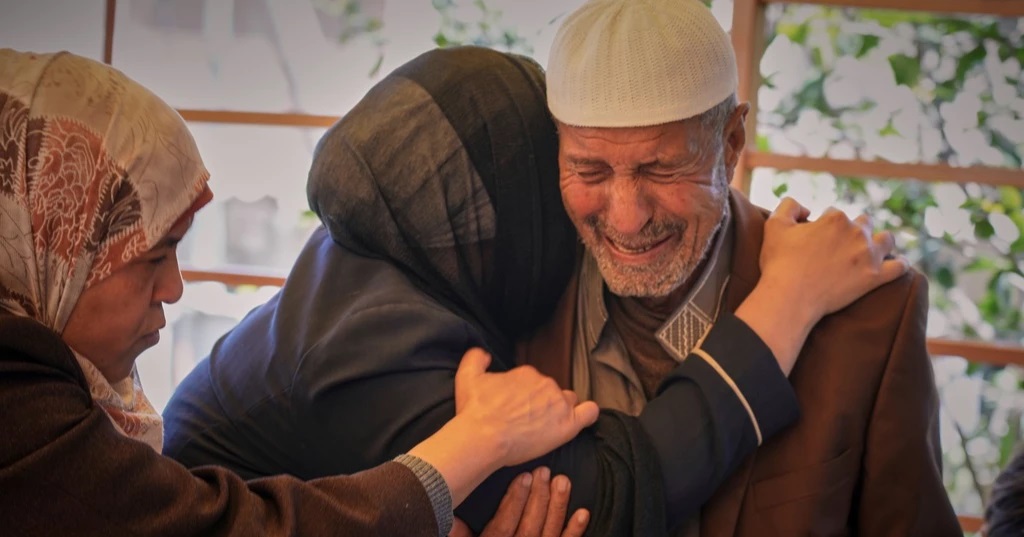Israel orders evacuation of most of Rafah


The Israeli military issued extensive evacuation orders for the majority of Rafah, a city in the southern Gaza Strip, on Monday, suggesting the possibility of a major ground operation in the area.
This move comes after Israel ended its ceasefire with Hamas and resumed its air and ground offensive earlier this month. In March, Israel had halted all supplies of food, fuel, medicine, and humanitarian aid to Gaza's 2 million Palestinians to pressure Hamas to accept new terms in the truce.
The evacuation orders covered most of the city and its surrounding areas. The military instructed Palestinians to move to Muwasi, a coastal area with overcrowded tent camps. These orders were issued during Eid al-Fitr, a Muslim holiday typically marked by celebration at the end of Ramadan.
Israel had launched a large operation in Rafah in May of the previous year, which resulted in extensive destruction and the capture of a strategic corridor along the border with Egypt, as well as the Rafah crossing, Gaza's only non-Israeli controlled exit point. Although Israel was expected to withdraw from this corridor under the January ceasefire agreement, it refused, citing concerns over weapons smuggling.
Israel has stated its intention to escalate its military actions until Hamas releases the remaining 59 hostages it holds — 24 of whom are believed to still be alive. Israel also demands that Hamas disarm and leave Gaza, conditions not outlined in the ceasefire, which Hamas has rejected.
Israeli Prime Minister Benjamin Netanyahu confirmed on Sunday that Israel plans to assume control of Gaza's security post-war and to implement U.S. President Donald Trump's proposal for the resettlement of Gaza’s population in other nations, a plan Palestinians have universally rejected, viewing it as forced expulsion. Human rights experts also warn that the plan could breach international law.
Hamas has maintained its stance on the original ceasefire agreement, which stipulated the release of all remaining hostages in exchange for a long-term ceasefire and Israeli withdrawal. However, full negotiations on this agreement have not yet taken place, with only preliminary talks held in February.
The conflict began on October 7, 2023, when Hamas militants attacked Israel, killing around 1,200 people, mostly civilians, and taking 251 hostages, many of whom have since been released. In retaliation, Israel’s offensive has killed over 50,000 Palestinians, according to Gaza’s Health Ministry, though the exact number of civilians versus combatants remains unclear.
The war displaced up to 90% of Gaza's population at its peak, with widespread destruction that leaves the future of reconstruction uncertain.
